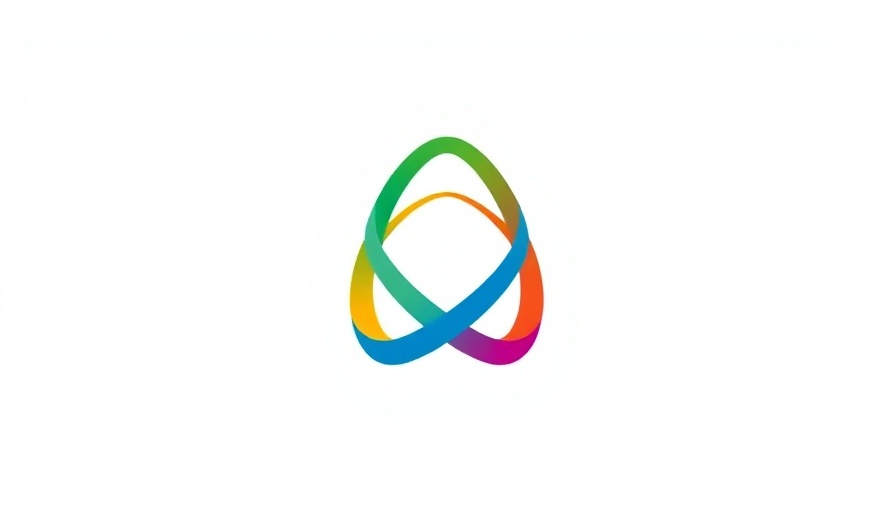
Can Trump's Proposed Mining Deal Secure Peace for DR Congo?
In a notable development, Congolese authorities are actively pursuing a mining deal with the Trump administration that could fundamentally reshape the geopolitical landscape in Central Africa. With ongoing hostilities against the M23 rebels, backed by Rwanda, the Democratic Republic of Congo (DRC) is hoping to leverage its vast mineral wealth not only for economic gain but also for heightened security and military support from the US.
The Stakes Involved: What’s at Risk?
The DRC is blessed with an abundance of critical minerals—including cobalt, coltan, and lithium—that are essential for modern technology, including those crucial in defense and energy transition sectors. The urgency of the Congolese government's appeal stems from the vulnerability of its army amid advances by M23 forces, underscoring the DRC's precarious position. Given the relationship between these resources and global demand, particularly in the context of current geopolitical tensions, President Tshisekedi's outreach to the US signifies a strategic pivot that aligns international interests and local needs.
A Transactional Alliance: Implications for US Interests
The idea of a minerals-for-security agreement isn’t merely transactional; it’s also logistically advantageous for the US, especially as growing tensions with China present new challenges for resource access. According to insider reports, should the deal be ratified, US companies would gain preferential access to the DRC's rich deposits. This access in exchange for military training and assistance indicates a trend where alliances are formed more on strategic resource management than altruistic intentions—certainly indicative of the Trump administration’s previously articulated “America First” policy.
Potential Benefits for DR Congo
The proposed partnership could have significant benefits for the DRC. Increased military cooperation might not just furnish the Congolese armed forces with better training and resources; it could also serve as a bulwark against external meddling, primarily from Rwanda. However, experts like Jean-Pierre Okenda emphasize the necessity of transparency and local accountability in any negotiations conducted with foreign partners. For the DRC government to reclaim its sovereignty over resources, there must be stronger oversight mechanisms.
Critical Voices: Concerns About Sovereignty
Critics argue that this emerging partnership comes with risks that could jeopardize national sovereignty. Scholars and activists stress the importance of ensuring that any profit from these resources does not merely benefit foreign companies at the expense of local communities. Past experiences highlight the dangers of reliance on minerals exports without robust governance frameworks to manage them. Historically, Congo's wealth has been a double-edged sword, inciting conflict rather than providing security.
Looking Ahead: What Lies in Store?
As these preliminary discussions unfold, both the Congolese leadership and the US appear cautiously optimistic but realistic. Talks of a US military presence on the ground have been met with skepticism, given the longstanding American commitments to withdraw forces abroad. Yet, the situation in the eastern DRC is rapidly changing, and President Tshisekedi's pragmatic approach may yield unexpected results. Whether this overture will culminate in a formal agreement remains to be seen, but the implications for Africa's role in the global economy are profound, especially in light of shifting alliances and the urgent need for localized stability.
As these discussions progress, business leaders, policymakers, and academics alike should closely monitor developments. This scenario presents not only a high-stakes geopolitical chess game but also an opportunity for deeper engagement between Africa and the wider global economy.
 Add Row
Add Row  Add
Add 


Write A Comment